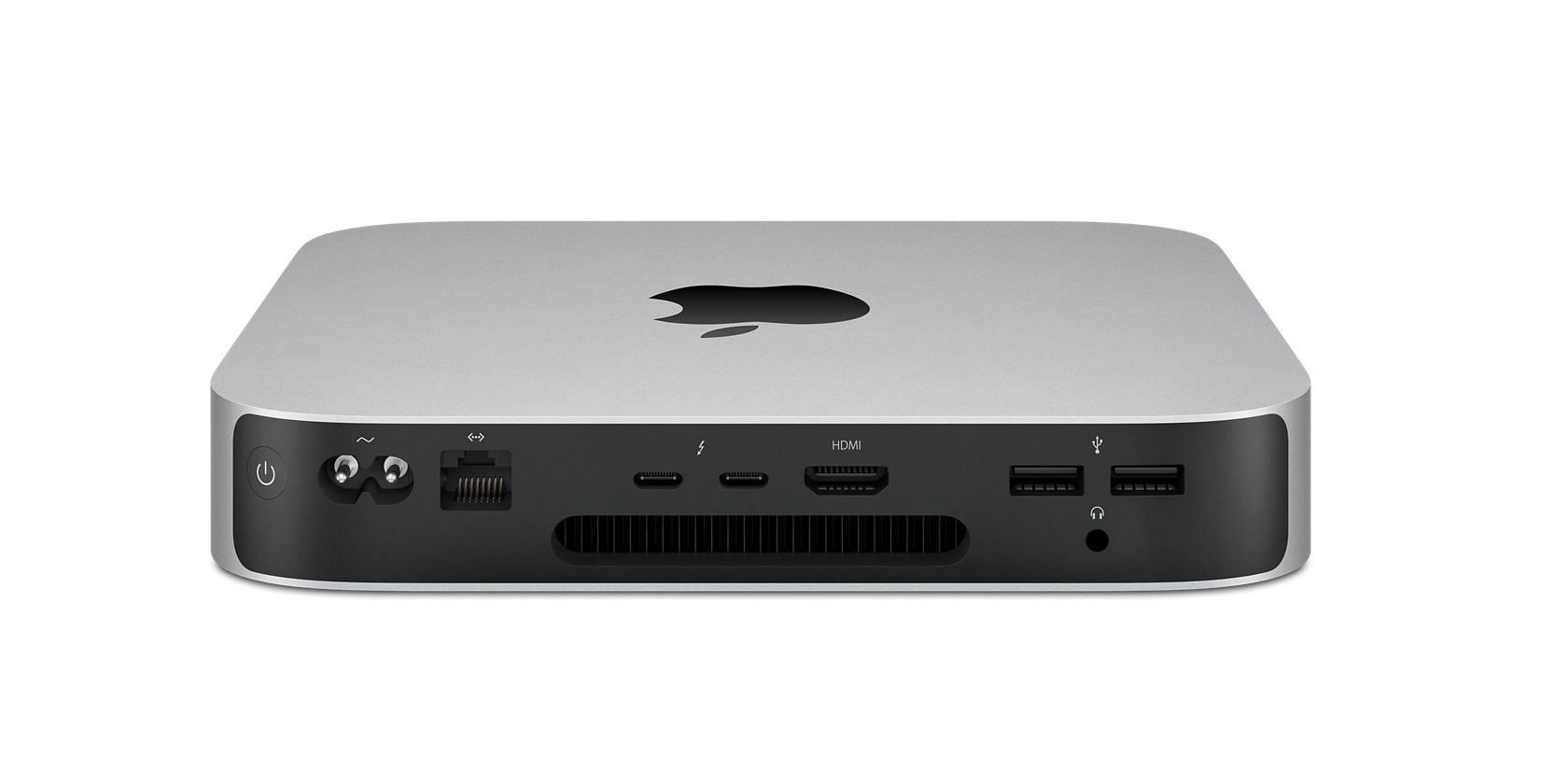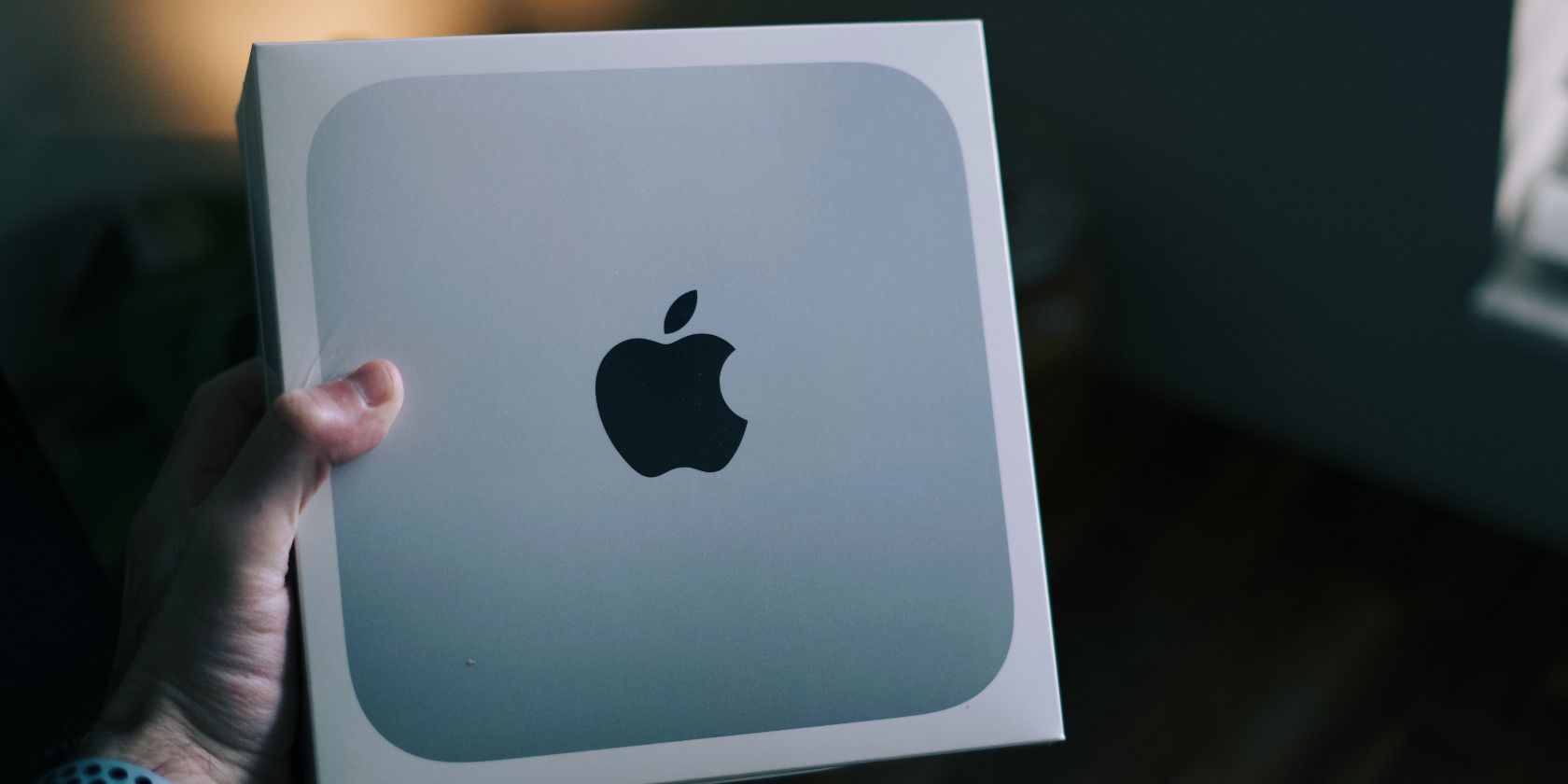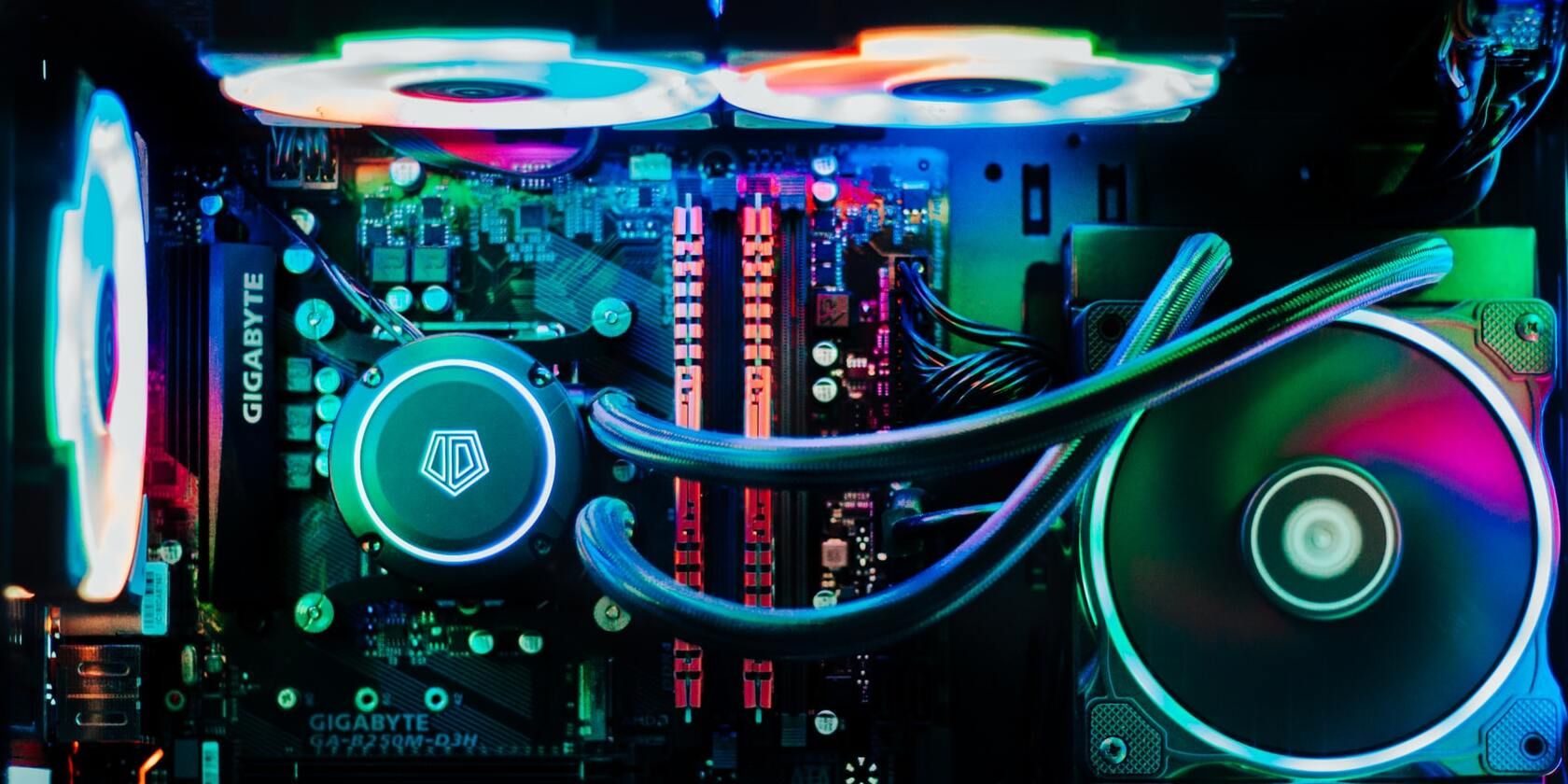Mini PCs are increasing in popularity. They are a fraction of the size of a standard PC and yet, thanks to technological advancements, are surprisingly powerful. They can now be used for many of the same purposes as a desktop, and this makes them useful for more than just saving space.
Mini PCs, however, are still not quite as ubiquitous as other types of computers, leading some people to wonder what the point of these devices is? So what is a Mini PC, and why would you buy one?
What Is a Mini PC?
A mini PC is exactly what it sounds like. They are similar to desktop PCs, but they have a height of only a few inches. They typically come without a screen or keyboard, but they have ports to connect to peripherals that you buy separately.
If you're wondering why all desktops aren't this size, the answer is that the drop in size typically comes with a drop in performance. Mini PCs can perform many of the same tasks as desktops, but they are limited in terms of power.
This makes them unsuitable for resource-intensive tasks such as gaming, but not everyone needs high-end specs (and there are more than a few dedicated mini gaming PCs!). Mini PCs are a popular alternative for anyone who values portability over unnecessary power.
Who Uses Mini PCs?
Mini PCs are unsuitable for some purposes, but they are ideal when power isn't a priority. They are frequently used for the following:
- Digital signs are now found in most shops and businesses. Mini PCs can be hooked up to displays and provide everything necessary to control them. They are also small enough to be placed around the premises without attracting attention.
- Mini PCs are often used to control cash registers in shops. They are also ideal for self-checkout kiosks and information terminals in public places.
- Mini PCs often act as media hubs in public premises like shops and train stations. They can be used to play music, but they can also be set to broadcast advertising and information.
- Mini PCs are often found in offices and universities. Businesses often require multiple computers. Therefore, the amount of space that can be saved compared to desktops is significant. Mini PCs are also powerful enough for most types of work.
- Mini PCs are increasingly popular among personal computer users. The average person uses a computer primarily for browsing the internet and watching media. Mini PCs provide this functionality in a much smaller package.
Why Should You Buy a Mini PC?
Mini PCs are primarily attractive due to their size, but they actually have a number of advantages. Here are a few reasons to buy one.
Mini PCs Are Smaller
Mini PCs are significantly smaller than desktops, and this makes them highly popular in the workplace, where space is often at a premium. They are also useful if you have a small desk at home. They can be placed anywhere and have a subtle appearance.
Mini PCs are also highly portable. They cannot necessarily replace a laptop, but there are many scenarios where the omission of a screen isn't a problem. If you want a computer that can be transported easily between rooms or two others places with screens, a Mini PC is potentially ideal.
Mini PCs Can Perform Identical Tasks
Most Mini PCs can't perform resource-intensive activities such as gaming or video editing. They are, however, perfect for browsing the web and watching high-definition videos. Mini PCs often have a wealth of different ports also, so you're not limited about what you can connect them to.
Mini PCs Are Quieter
Many Mini PCs don't have fans. They can achieve this because they don't have components that heat up and don't need cooling. This is partially done to save space, but it also means that some Mini PCs are silent. This is ideal if you like to leave your computer running while you sleep or you just like the idea of having a silent PC.
Mini PCs Use Less Power
Mini PCs use less power. This is part of their attraction for commercial purposes when they are often left running all day. But it's also beneficial for the average computer user who wants lower energy bills.
Mini PCs Are Cheaper
Mini PCs are also cheaper to purchase. High-end models rival desktop prices, and the more power you want, the more you will pay to have it packed into such a small package. But if you're on a budget, there are many less powerful models that cost considerably less than a desktop PC.
Why Should You Not Buy a Mini PC?
Before buying a Mini PC, it's important to understand what you are not getting.
Mini PCs Cannot Perform All Tasks
Mini PCs allow you to browse the web, do some types of work, and watch videos. Mini PCs are getting more powerful, and their ability to support games is increasing. But most mini PCs still don't have a dedicated GPU, which obviously places a limit on what they are capable of.
Mini PCs Are Sometimes Impossible to Upgrade
Mini PCs are designed to be as small as possible. This is ideal for portability, but it often makes them impossible to upgrade. Desktop PCs have a lot of space for you to add additional components. Mini PCs don't have this. You won't necessarily be able to add RAM, internal storage, or a GPU.
Mini PCs Are Useful Alternatives for Many Tasks
Mini PCs are unlikely to replace desktop PCs. They can perform many tasks, but anything that requires high-end components isn't going to work. Instead, Mini PCs are a useful alternative for any purpose in which space-saving is more important.
They are now found in almost all types of businesses, and most people interact with them without realizing it. They are also far from limited to commercial usage. If you want a small PC for basic tasks or just want to spend less money on your next computer, they are well worth considering.




